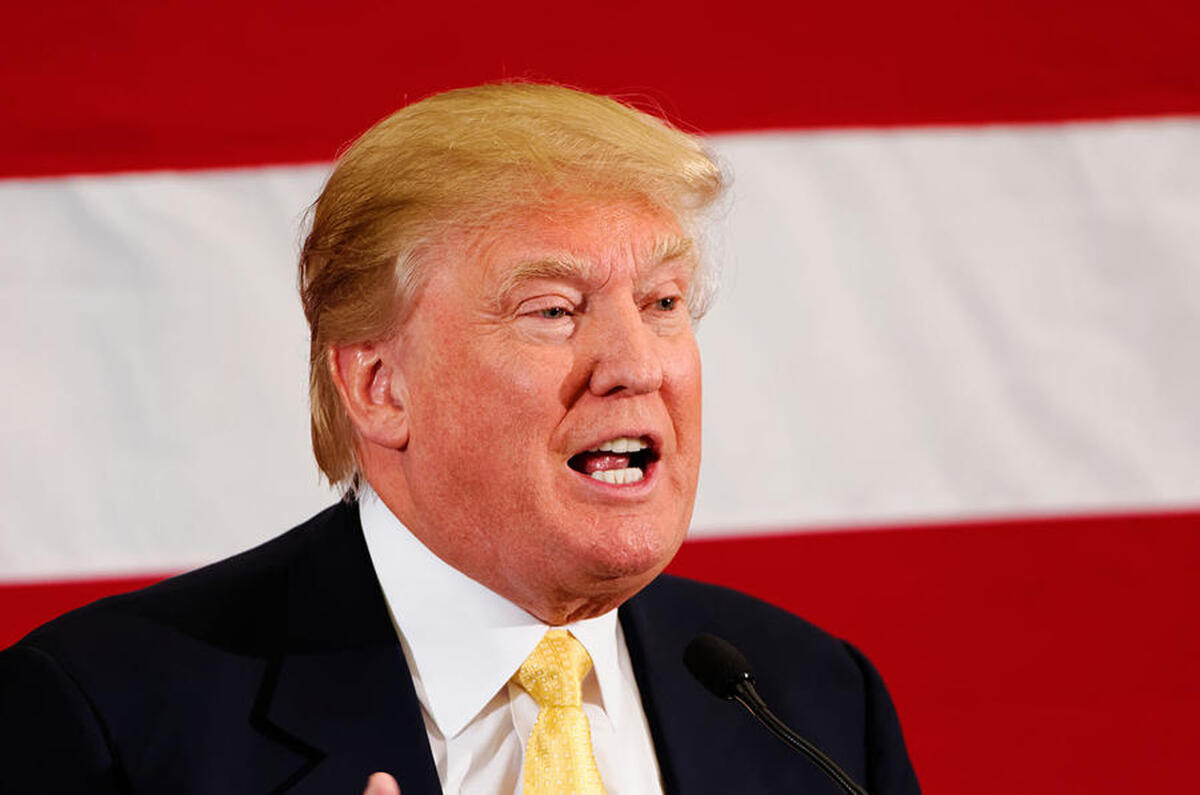Shall we talk about The Donald? We should, given that one of the first things he did as president of the United States was to order the deletion of the ‘climate’ section from the White House website.
His vision of the US’s energy future is, to put it mildly, rather different from that of Barack Obama and could have far-reaching implications for the car industry. Could, but won’t. The Obama administration said its Climate Action Plan would “help prepare for the impacts of climate change and lead international efforts to address climate change”. But on the web page where those statements were published now sits the equivalent of a TV test card.
President Trump is, the White House says, “committed to eliminating harmful and unnecessary policies like the Climate Action Plan”. He is “committed to clean coal technology” and will “refocus the Environmental Protection Agency” away from climate and toward “its mission of protecting our air and water”.
Trump’s energy policy is less about climate change (“I believe in it, but [regulation] is out of control”) and more about money and specifically with Americans making it. “We’ve been held back by regulations on our energy industry,” he says. “Lifting these restrictions will greatly help American workers, increasing wages by more than $30 billion over the next seven years. We must take advantage of the estimated $50 trillion in untapped shale, oil and natural gas reserves.”
Which means what, exactly, for the car industry? Trump has already met with leading car makers and outlined how he wants them to build new car plants in the US. Their share prices rose as a result. If less burdened by environmental restrictions, one colleague of mine said it’ll be “V8 engines for all”, not entirely in jest.
It won’t, though, will it? Every American who wants a V8 has already got one. This isn’t a nation noted for choosing 1.6-litre diesels over 2.0-litre petrols. And California (for now) retains its right to set whatever emissions limits it likes. So while Trump’s protectionist financial policy might focus some production into the US, and car and fuel taxes might influence some American car buyers, the car industry is a global entity whose environmental dealings transcend any one country’s leader.










Join the debate
Add your comment
Well, to be honest.........
Additionally
If you want to reduce HARMFUL emissions...